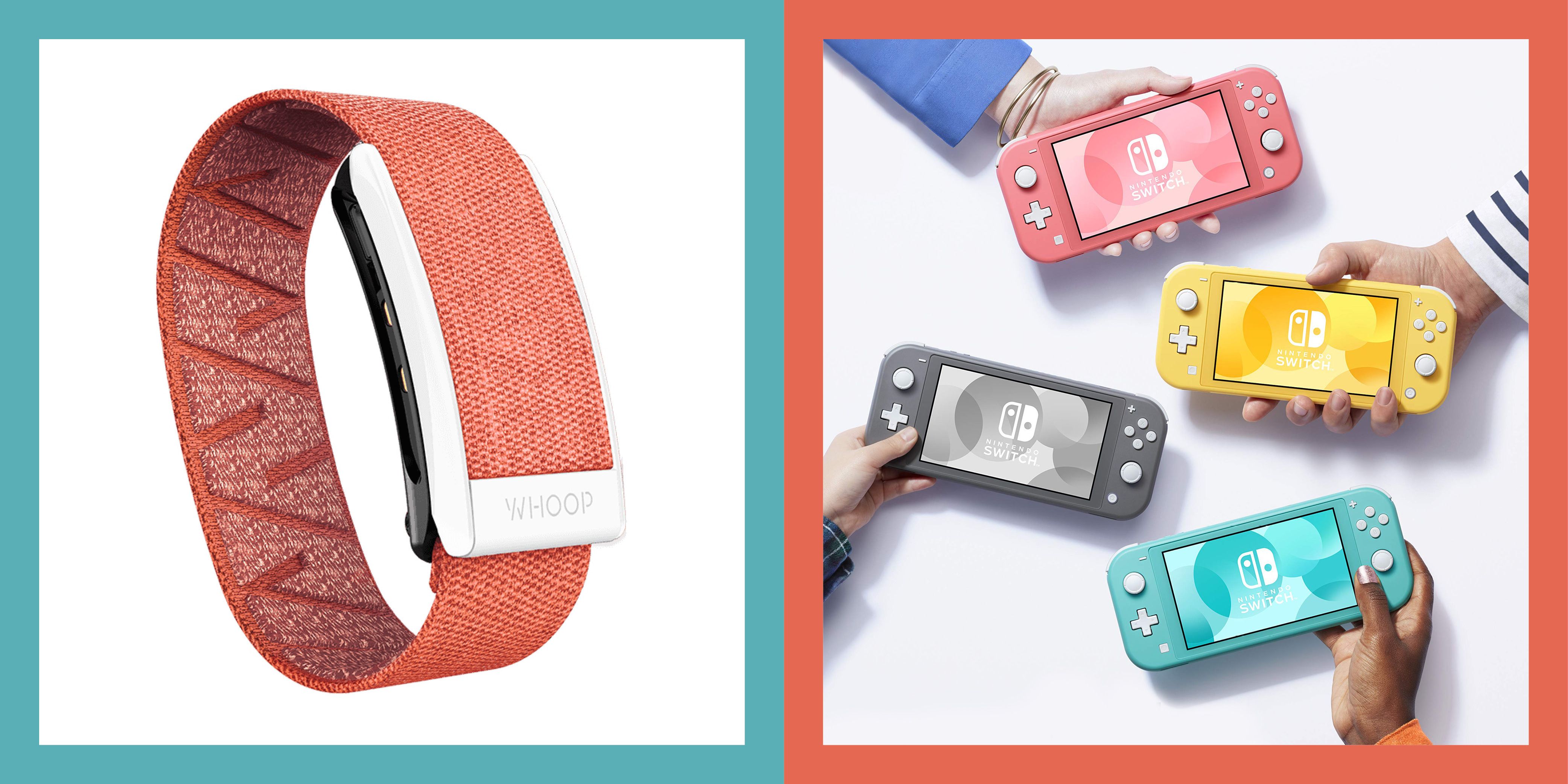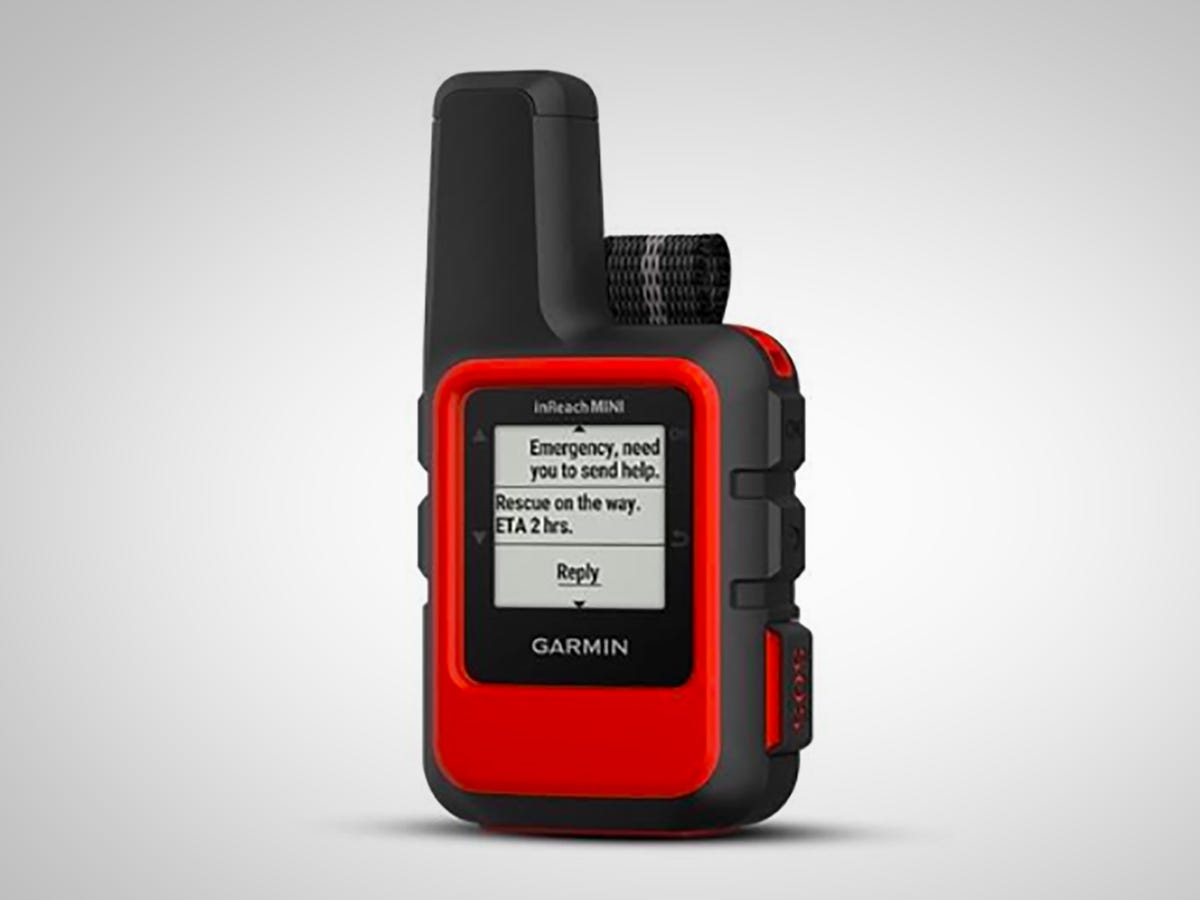
Whether you're traveling or simply looking for a portable wifi device to keep you connected, there are a few things to consider before making your purchase. The best portable WiFi devices are small and light. They enable you to stay connected to family, friends, or online applications. These devices are great for streaming and gaming your favorite shows. The portable WiFi device is a blessing for digital nomads.
A quality portable WiFi device should last for at least 10 hour. This means you won't have to worry about charging your device each night, and you'll be able to get a full day's use from it under heavy strain. A model with a 2.4 inch LED screen will show you the signal strength and remaining data. You might also consider a portable WiFi router that supports microSD cards. This is useful for storing files on your laptop.
A portable Wifi device with a touchscreen may be something you want to consider. This is especially important for those who plan to use their portable WiFi device for work and social networking. A model should be quick and easy to connect to available signals. You can connect your Wifi device to the internet using a SIM Card. You can also choose a compatible device with a Chromecast.

It is also worth considering a mobile Wifi device offering LTE Cat 6 support. This technology offers faster download speeds that home desktops. It is possible to get one with a USB-C connector, which can be used for data sharing from an external hard disk.
A portable Wifi device can be a great option, as it works with multiple devices simultaneously. You can stay connected with family and friends wherever you go. To keep track of your internet usage, you can use a portable Wifi gadget. You can see how much data your device is using, which is useful if you're away from your home.
A touchscreen is an option if you travel or need to access more functions. This can be a real convenience, especially if you're using a tablet or laptop.
RoamWiFi R10 might be a good choice if you are looking for a small, portable WiFi device. This small device packs big punch and supports 4G LTE High-Speed Networks. Its user-friendly and simple design makes it easy for anyone to carry. It has strong and secure connections. It can be easily carried around in your pocket.

You can find a wide range of portable WiFi devices in different sizes and functions. It is important to think about how often you will use it and whether you will need to connect to more than one device simultaneously. You should also consider how much money you are willing to spend.
FAQ
Are there any free shipping options for orders above $25?
Most major websites allow customers to place orders without having them pay for shipping. Some sites offer free shipping on select items. To qualify for free shipping, however, you must spend more than $25. Many websites will automatically apply free delivery to your entire shopping cart. You will need to enter the code SHIPFREE during checkout for some websites.
What are the benefits and drawbacks of shopping online?
Online shopping has many advantages for both retailers and consumers. The biggest advantage of online shopping is its convenience. Customers can shop wherever they are at any time. There are also fewer restrictions as you don't need to visit stores to shop. However, there are also several disadvantages. For example, online shoppers may not know exactly how much an item costs until they purchase it. This could lead them to overspend. One disadvantage is that customers may feel more secure buying from big-box stores, as they are more used to seeing products in person. Additionally, customers who order something online will not be able to return their product. Online shopping can also put pressure on brick-and-mortar shops, as they may lose customers to online competitors.
How do I do smart online shopping?
Smart shopping online means finding ways to save money without sacrificing quality. Here are some tips.
First, shop around. Compare prices to determine which store has the best deal.
Second, you might consider cash back apps like Ebates. These programs work similarly to cashback programs that are available at physical stores. When you shop through their app, you earn points based on the amount you spend. The points you earn can be redeemed for gift cards or discounts.
Look out for promo codes. These codes can be found on websites like RetailMeNot.com. You just need to enter the code when you checkout. The savings will be automatically applied.
Last but not least, be sure to check out the clearance sections. Sometimes you will find great deals on high-end brands at a discounted price.
Is it really necessary to register my creditcard number for online shopping?
Registering for your credit is optional. You may want to register your credit card if you would like to receive discounts and special offers. It is a good idea to verify your identity with your bank.
How can I avoid being conned when shopping online?
When purchasing online, it is important to stay vigilant. Always read reviews and look up customer feedback before making a purchase. Also, never send sensitive financial information via email. Instead, use a secure site such as PayPal. This way, you can rest assured knowing that your information is safe.
Are there any tricks or tips that will help me save money shopping online?
You should first make a list. Then go through each item on your list and decide which one you prefer to buy at a lower cost. Once you have made your decision, compare prices between several websites. Make sure you find the lowest price possible on each product.
Statistics
- The vast majority only change a password to protect privacy a few times a year (27 percent) or, more likely, never (35 percent). (pcmag.com)
- Beyond that, you'll be liable for a 25% import tax. (makeuseof.com)
- A report from the U.S. Census Bureau found that in the first quarter of 2022, an estimated $250 billion was spent on retail e-commerce sales.1 (thebalance.com)
- The tax is automatically added once you click the checkout button, so factor in an additional 20% when looking at the product page. (makeuseof.com)
External Links
How To
How to shop online safely
Online shopping can be one of the most convenient and cost-effective ways to purchase goods or services. But, convenience comes with a cost. While there are many benefits to buying from an online store but also risks. The greatest threat is identity theft. Identity theft is the greatest threat. Identity thieves steal your personal information (names, addresses and credit card numbers) in order to either steal money from you, or take out fraudulent loan against your name. The thieves then sell the stolen information on black markets. Here are some tips for staying safe online.
-
Use a secure website. SSL encryption is offered free of charge by many online stores to protect customers’ information. All information you enter on their website, including names, addresses, phone numbers and credit card details, is protected by SSL encryption so that only you can view it. It blocks anyone from seeing the information you enter. When choosing which online store to do business with, ensure they have a valid certificate issued by a recognized CA. When you browse the web, look for a green padlock icon at the URL bar.
-
Keep your password secret. When you first sign-up for a new account you'll receive an email asking for confirmation of your username and/or email address. Make sure you don't share these credentials with any third party. Don't keep them in your wallet. They could also be used to access your accounts if you lose your wallet. Save them on your computer instead. You should also change your passwords regularly - every three months is recommended.
-
Keep track of your orders. You should keep track of all the places you send items, whether you are sending them to yourself or others. Many people are tricked into believing they have sent something, but it was actually delivered to another person. Before paying for shipping, make sure you verify the tracking number. Never ship anything without receiving proof of delivery. If you aren’t satisfied with your service, contact the company as soon as possible.
-
You need to be aware of the person you're dealing. Many websites will require you to give sensitive information, such as your full name and date of birth, Social Security Number, and Bank Routing number. These details help them identify you, so be careful about giving them out. Google "what's the need?" to determine if a website has this information. You'll find many answers.
-
Be wary about pop-up windows Pop-ups abound on many websites offering special offers, deals and other products. While some ads might seem legit, others may trick you into giving out private information. For example, an anti-virus program may ask for your credit card number, bank information, and social insurance numbers. Avoid being tricked by clicking on links that look suspicious.
-
Beware of phishing scams. Phishing scams include hackers pretending to work for reputable organizations in order to get financial information from consumers. Phishers send emails that look like they're from retailers and banks. These emails encourage users to log-in to update their account information. The hacker can access your finances once you have given your personal information. Hackers can also empty your bank accounts and transfer funds between accounts. You have many options for identifying a scam email, including How to Spot Phishing Scams.
-
Do your homework. Be sure to read the fine print before you sign anything. It is important that you understand and agree to the terms and conditions of any contract. Take the time to review all terms and conditions carefully. It is important to avoid hidden fees or charges in order to save money.
-
Always shop around. Be open to shopping around. Compare prices across many different websites until you find the best price. Compare shipping costs for multiple items. Shipping costs will vary depending on which website they are from. It's worth paying a little extra for fast shipping.